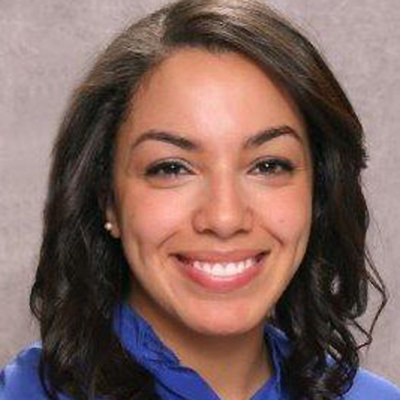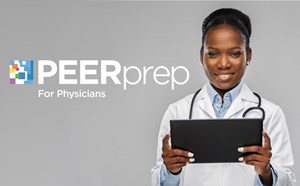
Online Open-Book ABEM Exams: Practice Builds Confidence
Many ABEM exams are now open book, but this doesn’t necessarily make them less challenging. An open-book exam merely requires a different strategy for studying and preparing for it. In our first blog post on this subject, we walked through the importance of gathering your materials, both paper and digital. We stressed the usefulness of infographics and how organizing them in a meaningful way can aid you during the exam to find them quickly. There are further strategies useful for open-book exams that you can use to set yourself up for a successful experience.
Mimic Your Exam Circumstances While You Practice
The more you practice in the same environment with the same materials you’ll have while taking the real exam, the better prepared you’ll be for exam day. If you want to use a combination of print and online materials, that's up to you, but practice that way. If you can arrange to take the exam with multiple screens or devices, that may also be helpful. Be sure to test the WiFi where you plan to take the exam at the time you plan to take the exam. You certainly don’t want connection issues if you can help it. And remember that it’s always good to have writing materials to help you work through ideas and calculations by hand.
Be Judicious
You may not have time to look up every question, so it’s best to figure out a strategy, prepare your resources, and then practice. Practicing will help you stay calm and confident during the exam.
When you practice with PEERprep for Physicians or PEERcert+ for MyEMCert, you can choose the number of questions and randomize the topics to cover. You can also open tabs for websites like UpToDate, Access EM, or Clinical Key so that you have them in the background. Bear in mind that UpToDate may be provided by ABEM during the exam, so you may not need to open a tab for UpToDate on exam day. However, becoming familiar with it and how to navigate it quickly will be beneficial regardless.
In addition, you should gather any physical textbooks you want to reference. PEER cites the same references you can use during the exam, so practicing with PEER can essentially teach you how best to recognize key words and use references during the real open-book exam.
Look Up the Facts
Don’t fall into the trap of double-checking things you know. Which questions should you look up? In general, if you only need to recall a fact and can get to that information quickly, it might be worth looking up. If it's a process or something more complex, it could be less worthwhile to spend time searching for the answer. If you find yourself clicking through to a third link, for example, you could be taking too much time.
Choose a term that best represents the question and will help narrow it down in a search. If you choose the right search term, you may quickly find the right answer. Find a few reliable references; a general Google search may direct you to the wrong place and may not be accurate. Even if you find the right information, you may spend longer getting it than necessary. This is why the preparation of your resources is so important. For more information, read “Preparing Your Resources for Exam Day.”
Practice Using Resources in a Timed Setting
Practice using your preferred resources in a timed setting, however long you’ll have to take the real exam, to ensure you feel confident that you can find things fast. This will also show you how much looking things up slows you down. Then, you’ll know the kinds of things you have time to look up and the kinds of things you don’t. You can't predict what you're going to look up, but practicing before the exam will help clarify what does and doesn’t work.
A Strategy for Timed Practice
Start reviewing materials with PEER as far out as you need to cover the knowledge base of the exam and then plan at least four fully simulated practice sessions. The first time, take the practice exam without looking things up to see how much time it takes and note how many items you had the urge to look up. At the second session, go through the entire exam and then actually look up the questions you feel an urge to look up to see how much time you use in researching answers. At the third session, practice what you’ve learned to manage your time better. Repeat a fourth time so that you feel confident in your strategy.
“I would prioritize questions that I think with...a very brief check I could get, and I would prioritize those over the ones where I have zero idea because the ones where you know nothing, you'll spend forever reading and reading and reading until you've used like 10 minutes on the one question.” – Deena Khamees, MD
Open-book and closed-book exams require different approaches. Practice, as well as preparation and study, will hone your open-book test-taking skills so that when it’s time to sit down for the actual exam, you’ll be prepared to make the best use of your time. Good luck!
Authors

Mary Jo Wagner, MD, FACEP
Editor-in-Chief Emeritus, PEER

Megan Fix, MD, FACEP
Editor-in-Chief, PEERprep for Physicians and PEERprep for Programs

Deena Khamees, MD
University of Michigan Medical Education Fellow and Lecturer in Emergency Medicine; Director of Education, EMRA Board of Directors



